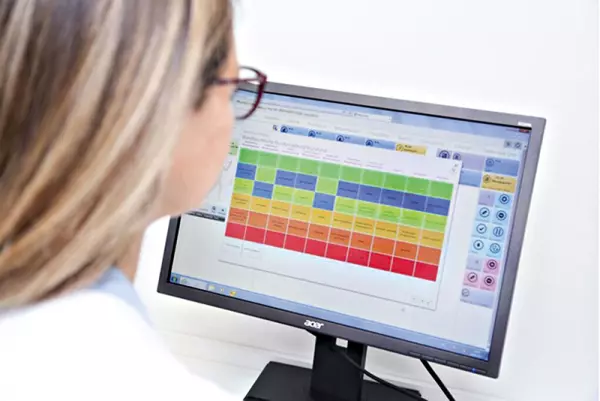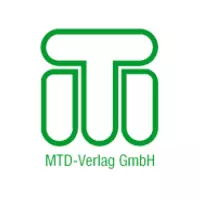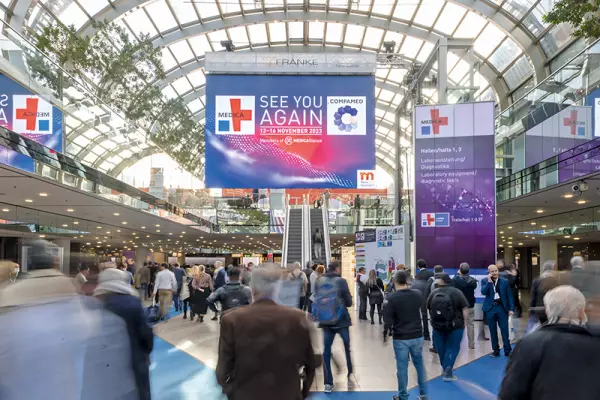(09/2022) The diverse problems in the practical implementation of the MDR are well known. Arguments, ideas and proposed solutions were supplied massively - especially from the German side. The EU Commission should now deliver. After the crucial session on June 14 in Brussels, there was one thing above all else - long faces and uneasiness. Problems recognized, solutions banned - this is how the appearance of EU Health Commissioner Stella Kyriakides can be outlined. Valuable time is now at risk of being lost.
It had been eagerly awaited: the meeting of the EPSCO Council (Employment, Social Policy, Health and Consumer Affairs Council) on June 14 in Brussels, which included an inventory of the MDR (Medical Device Regulation).
Brussels is practicing composureHowever, the responsible EU Health Commissioner Stella Kyriakides became clear on one point – which the German medical technology associations will certainly be critical of: From the point of view of the EU Commission, an “extension of the transition periods will not solve the problem, but only postpone it”.
Nevertheless, she conceded that the EU Commission was concerned about a number of things, including the fact that only 1,000 certificates had been issued in accordance with MDR and that more than 24,000 certificates previously issued in accordance with MDD would expire in May 2024: "You have to act well and decisively here. There must be no bottlenecks.” In this context, she brought various “solutions and options for action” into play. It is necessary to create new capacities at the notified bodies and to relieve them; the possibility of hybrid audits is in the air; one could allow Notified Bodies to focus on certification under the new regulation. In any case, "we stay on the ball," says Kyriakides. She announced a new status report for December 2022.
Germany is diplomaticFrom the German side, State Secretary Dr. Thomas Steffen addressed the concerns of many scientific societies and the economy in Germany as to whether, with a view to the end of the transitional period in May 2024, the re-certification of innovative products and the re-certification of existing products would be feasible. You have to take these concerns seriously.
Germany supports the measures taken by the EU Commission to reduce bureaucracy and simplify rules and regulations. He referred to the 300 guidelines and Art. 97 "Non-Compliance". We want to continue to actively support the process. dr Steffen suggested a meeting with industry in Brussels. He emphasized the need for an interim evaluation in December 2022 and also called for another evaluation in June 2023.
The German Medical Technology Association (BVMed) was disappointed with the results of the EPSCO meeting. "We don't need any announcements now, but Europe-wide harmonized and pragmatic solutions involving the medical device industry, as suggested by Austria," says BVMed Managing Director Dr. Marc Pierre Moell. “The Commission is responsible here – now, not just in December 2022.”
Baden-Württemberg and Bavaria show their colorsOn the same day, the cluster initiative MedicalMountains/Tuttlingen took part in a meeting with members of the European Parliament and the EU Commission in Brussels at the invitation of the Bavarian Representation to the European Union. The focus of the exchange of ideas was - of course - the implementation problems with the European Medical Devices Regulation (MDR).
Together with representatives of associations, companies, clinics, notified bodies and state and federal politicians, MedicalMountains Managing Director Julia Steckeler explained how we









